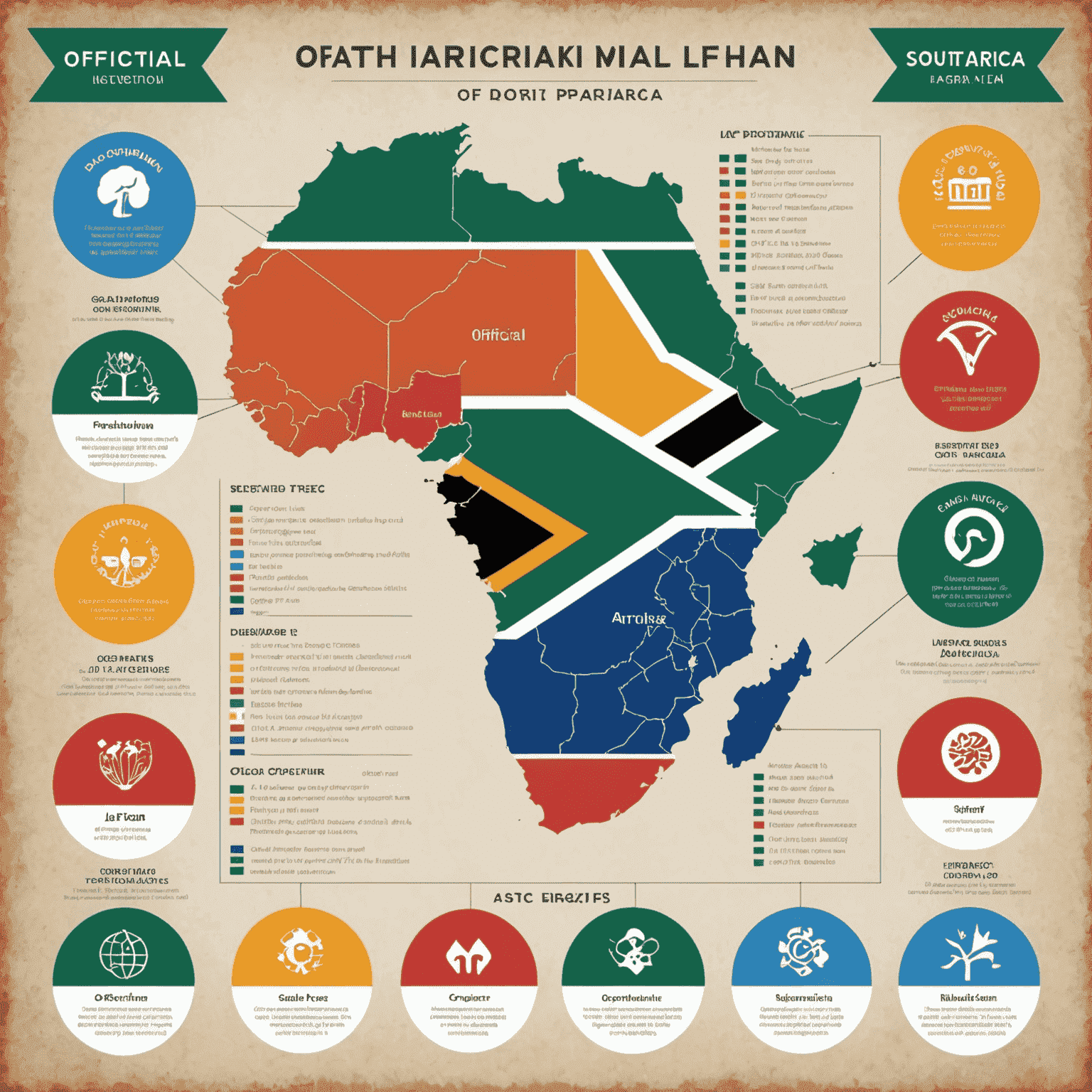Navigating South Africa's 11 Official Languages in Business

In the vibrant tapestry of South Africa's multicultural society, language plays a pivotal role in shaping business interactions and workplace dynamics. With 11 official languages recognized by the constitution, creating an inclusive work environment that respects and utilizes this linguistic diversity is both a challenge and an opportunity for businesses operating in the country.
Understanding the Linguistic Landscape
South Africa's official languages include Afrikaans, English, Ndebele, Northern Sotho, Sotho, Swazi, Tsonga, Tswana, Venda, Xhosa, and Zulu. Each language represents a rich cultural heritage and is an integral part of the nation's identity. Recognizing the importance of these languages in the workplace is crucial for fostering an inclusive environment and adhering to the principles of the Black Economic Empowerment Act.
Practical Tips for Linguistic Inclusion
- Multilingual Communication Policies: Develop clear guidelines for language use in different business contexts, ensuring that all employees feel comfortable expressing themselves.
- Language Training Programs: Offer language courses to employees, focusing on the most prevalent languages in your business area.
- Diverse Hiring Practices: Recruit individuals with varied linguistic backgrounds to create a naturally multilingual work environment.
- Translation Services: Provide professional translation for important documents and meetings to ensure all employees have equal access to information.
- Cultural Awareness Workshops: Conduct regular sessions to educate staff about the cultural nuances associated with different languages.

Best Practices for Implementation
- Lead by Example: Management should actively participate in linguistic inclusion efforts.
- Create Language Ambassadors: Appoint employees fluent in multiple languages to assist with communication and translation.
- Celebrate Linguistic Diversity: Organize events that showcase the richness of South Africa's languages and cultures.
- Inclusive Marketing: Develop marketing materials in multiple languages to reach diverse customer bases.
- Regular Feedback: Conduct surveys to assess the effectiveness of language policies and make necessary adjustments.
By embracing linguistic diversity, businesses in South Africa can create a more inclusive, productive, and harmonious work environment. This approach not only aligns with the goals of the Black Economic Empowerment Act but also positions companies to better serve the diverse South African market and contribute to the nation's ongoing journey of reconciliation and unity.
Conclusion
Navigating the complex linguistic landscape of South Africa in a business context requires dedication, sensitivity, and strategic planning. By implementing these practical tips and best practices, companies can harness the power of language diversity to drive innovation, improve employee satisfaction, and ultimately achieve greater success in the South African market. Remember, in the words of Nelson Mandela, "If you talk to a man in a language he understands, that goes to his head. If you talk to him in his language, that goes to his heart."